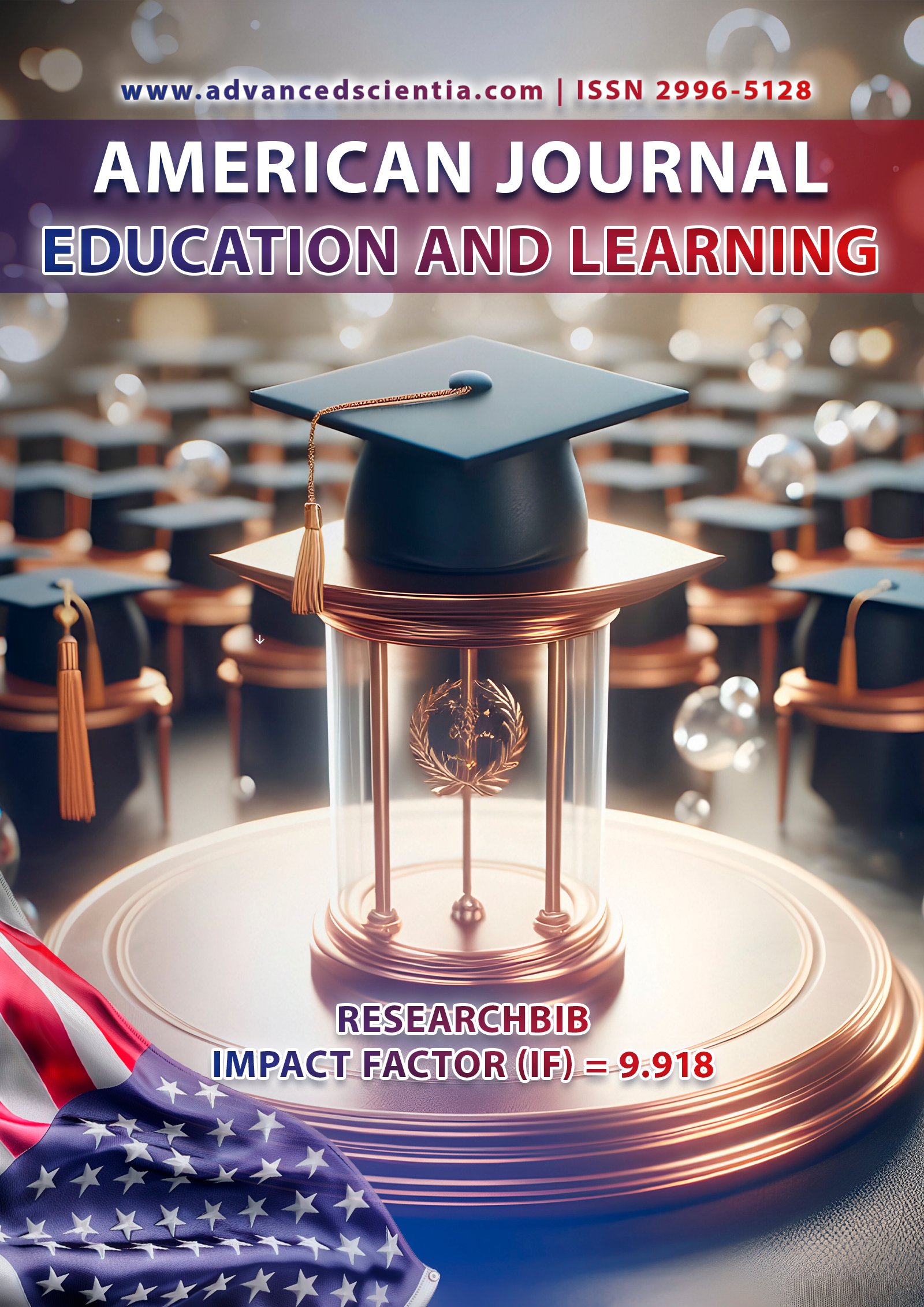SEMANTIC SHIFT OF ABSTRACT NOUNS IN CHINESE DURING TRANSLATION
Abstract
This article explores the phenomenon of semantic shift in the translation of abstract nouns from Chinese into other languages, with a focus on English and Uzbek. Abstract nouns, being culturally embedded and semantically complex, often undergo transformations in meaning during translation processes. The paper analyzes the linguistic, cultural, and cognitive factors that influence these semantic shifts, illustrates key examples of mistranslations or semantic approximations, and proposes strategies for preserving the original semantic value. The goal is to enhance awareness of semantic loss and cultural distortion in cross-linguistic and intercultural communication.References
1. Vermeer, H.J. (1989). Skopos and Commission in Translational Action.
2. Lakoff, G. & Johnson, M. (1980). Metaphors We Live By. University of Chicago Press.
3. Nida, E.A. (1964). Toward a Science of Translating. Brill.
4. Chen, Ping. (1999). Modern Chinese: History and Sociolinguistics. Cambridge University Press.
5. Liu, Meihua. (2017). Semantic Layers of Classical Chinese Philosophy Terms. Beijing: FLTRP.
6. House, J. (2015). Translation Quality Assessment: Past and Present. Routledge.
7. Yao, Xinzhong. (2000). An Introduction to Confucianism. Cambridge University Press.
8. Wierzbicka, A. (1997). Understanding Cultures Through Their Key Words. Oxford University Press.
9. Xu, Zhongming. (2020). Challenges in Translating Chinese Abstract Concepts. Beijing Translation Journal, 3(2), 15–24.
10. Baker, M. (2011). In Other Words: A Coursebook on Translation. Routledge.






















